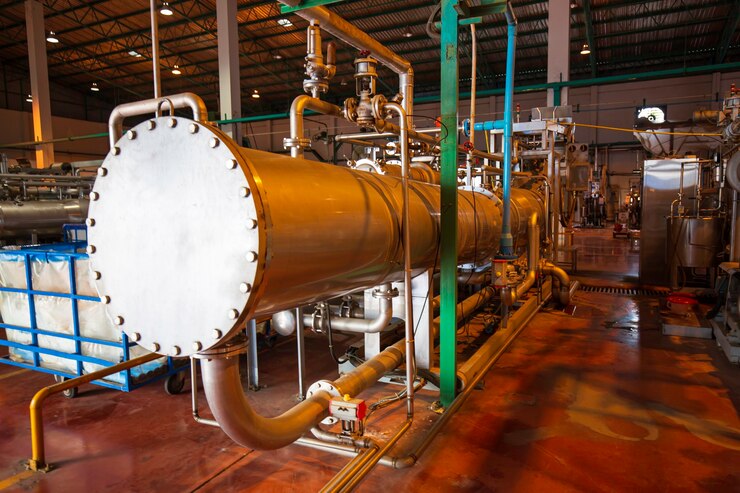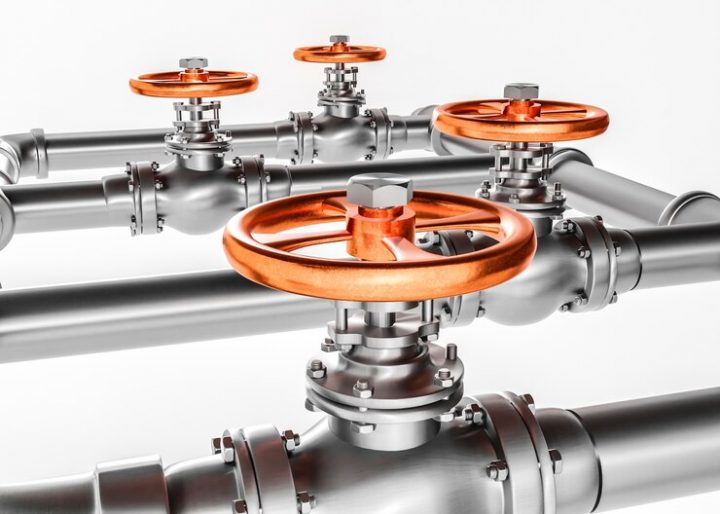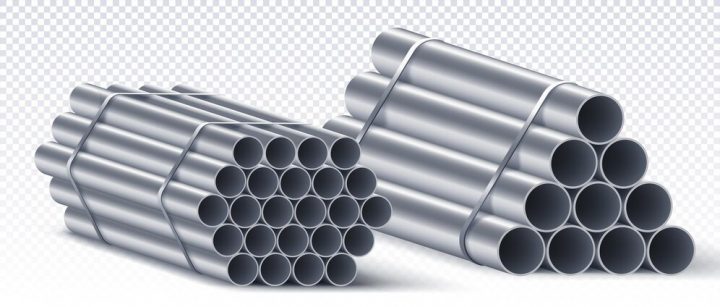In the world of engineering and industrial applications, pressure vessels stand as silent sentinels, playing a crucial role in myriad processes ranging from chemical manufacturing to energy production. Despite their significance, these vessels often operate behind the scenes, hidden from public view. However, their impact on various industries is undeniable. In this blog post, we’ll delve into what pressure vessels are, how they work, and why they are vital components in many industrial processes.
What is a Pressure Vessel?
In simple terms, a pressure vessel is a container designed to hold gases or liquids at a pressure substantially different from the ambient pressure. These vessels come in various shapes and sizes, ranging from small household items like propane tanks to massive industrial installations found in refineries and power plants.
The primary function of a pressure vessel is to store or transport substances under pressure safely. To accomplish this, pressure vessels are constructed using materials capable of withstanding high pressures and temperatures without deforming or failing. Common materials include steel, stainless steel, aluminum, and composites, chosen based on factors such as the operating conditions, the nature of the stored substance, and regulatory requirements.
How Do Pressure Vessels Work?
At its core, the operation of a pressure vessel revolves around the principles of fluid mechanics and thermodynamics. When a substance is contained within a pressure vessel and subjected to increased pressure, it compresses, occupying a smaller volume. Conversely, when pressure is released, the substance expands, occupying a larger volume.
Pressure vessels are engineered to withstand these changes in pressure, ensuring the integrity of the container and the safety of the surrounding environment. They achieve this through robust design features, including:
1. Thick Walls: Pressure vessels are typically constructed with thick walls to withstand internal pressure without deforming or rupturing. The thickness of the walls is determined through meticulous calculations considering factors such as the material strength, operating pressure, and safety margins.
2. Reinforcement: Critical areas of pressure vessels, such as the ends of cylindrical vessels or the joints between components, are reinforced to prevent stress concentrations and potential failure points.
3. Pressure Relief Devices: To prevent over-pressurization, pressure vessels are equipped with pressure relief devices such as safety valves or rupture discs. These devices activate when the pressure exceeds a predetermined threshold, releasing excess pressure and safeguarding the vessel from catastrophic failure.
4. Quality Control: During manufacturing, pressure vessels undergo rigorous quality control measures to ensure compliance with industry standards and regulations. This includes non-destructive testing, material inspections, and weld examinations to detect any defects that could compromise the vessel’s integrity.
Applications of Pressure Vessels
The versatility of pressure vessels makes them indispensable across a wide range of industries. Some common applications include:
1. Chemical Processing: Pressure vessels are used in chemical manufacturing plants to store and transport reactive chemicals at high pressures and temperatures. They play a crucial role in processes such as polymerization, distillation, and synthesis.
2. Oil and Gas: In the oil and gas industry, pressure vessels are employed for various purposes, including storing liquefied petroleum gas (LPG), separating oil and gas mixtures, and injecting chemicals into pipelines for corrosion prevention.
3. Power Generation: Power plants utilize pressure vessels in steam generation systems to produce high-pressure steam for driving turbines and generating electricity. Boiler drums and steam generators are examples of pressure vessels commonly found in power plants.
4. Food and Beverage: Pressure vessels are used in food and beverage processing for sterilization, pasteurization, and fermentation processes. They help maintain the desired pressure and temperature conditions necessary for preserving food products and ensuring product quality.
5. Aerospace: In aerospace applications, pressure vessels are crucial components of spacecraft propulsion systems, providing the necessary pressure for fuel storage and propulsion. They must be lightweight yet durable to withstand the harsh conditions of space travel.
Conclusion
In conclusion, pressure vessels are indispensable components in various industrial processes, providing a safe and reliable means of storing and transporting substances under pressure. Their robust design, coupled with stringent quality control measures, ensures the integrity and safety of these vessels in diverse operating environments. From chemical processing plants to power generation facilities, pressure vessels play a vital role in driving efficiency, innovation, and progress across numerous industries. As technology advances and industrial processes evolve, the importance of pressure vessels is likely to continue growing, further cementing their status as indispensable assets in the modern world.
For those seeking reliable pressure vessel manufacturers and suppliers, Enggpro offers a comprehensive platform to connect with trusted industry professionals. Whether sourcing custom-designed vessels for specialized applications or procuring standard models for routine operations, Enggpro provides access to a network of reputable suppliers committed to delivering quality products and exceptional service. Visit Enggpro today to explore a wide range of pressure vessel solutions tailored to meet your specific needs.



